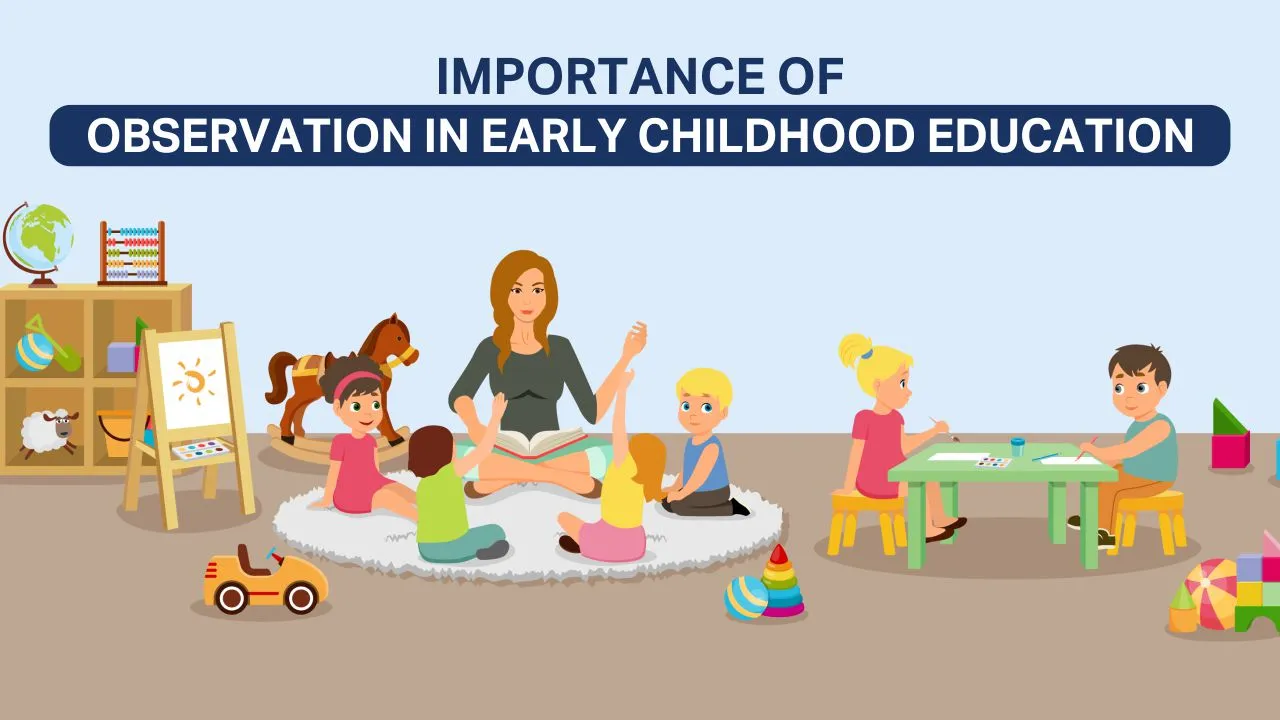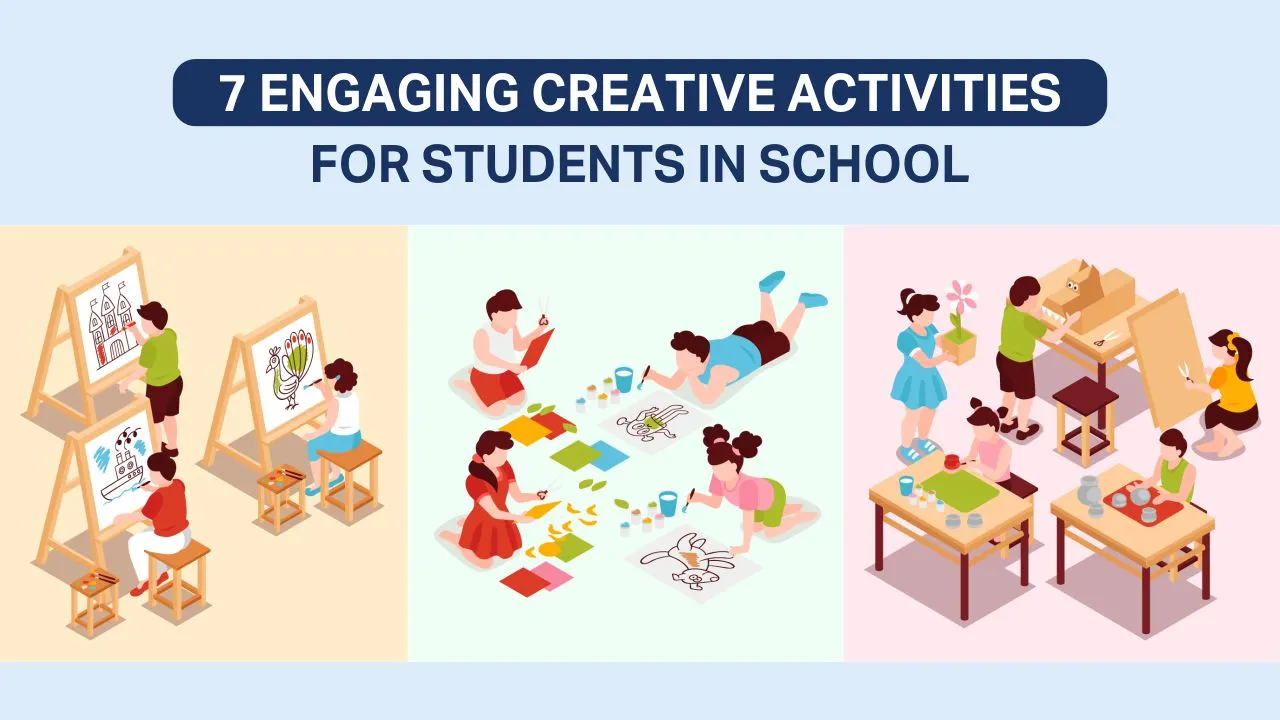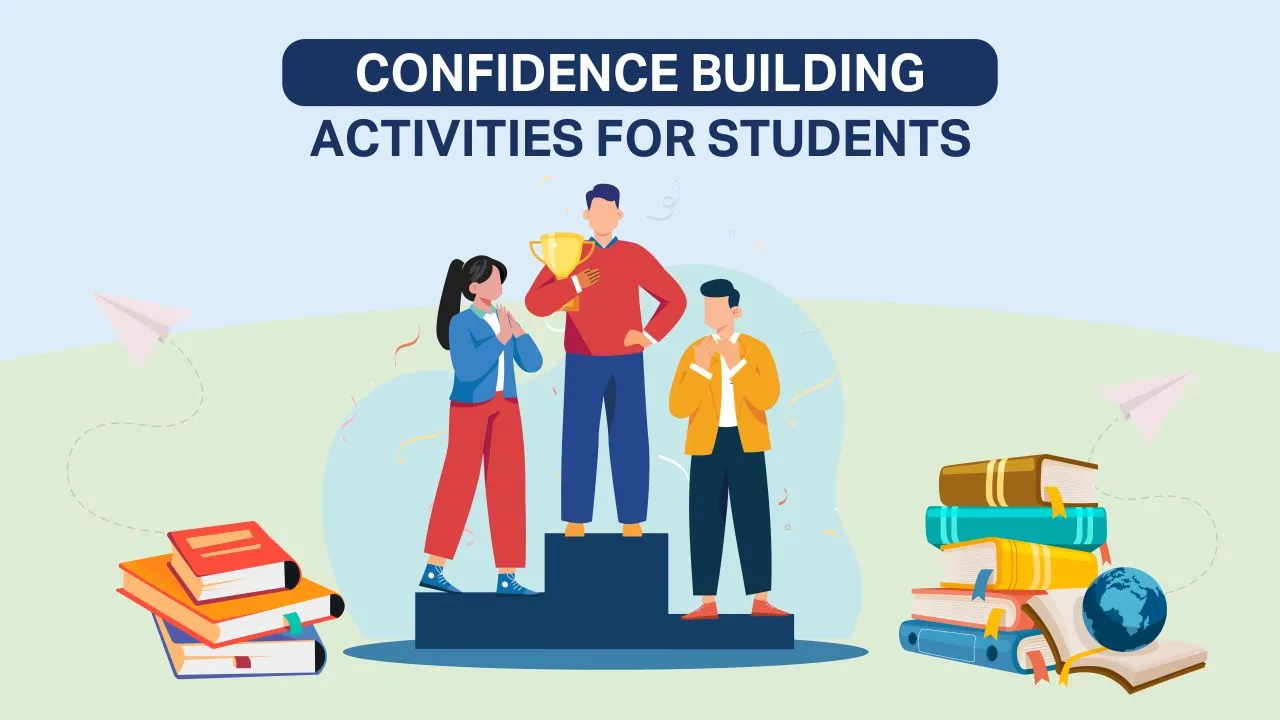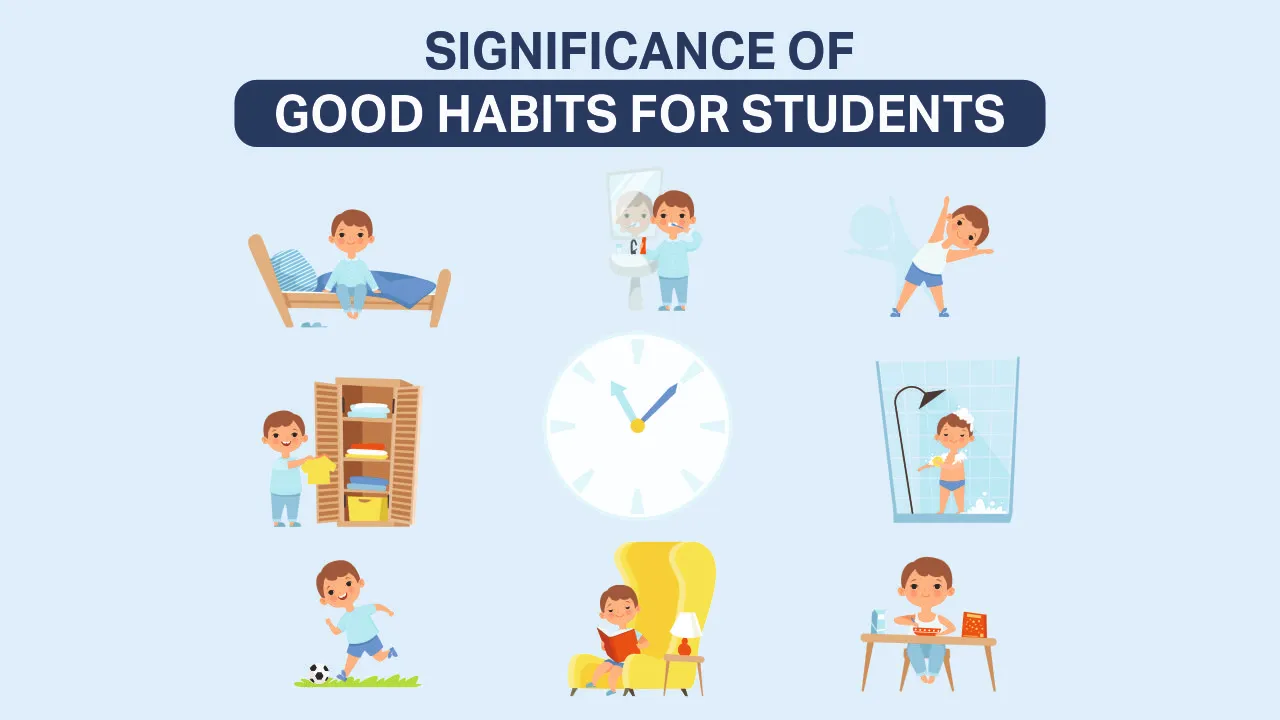Importance of Observation in Early Childhood Education
Observation is the process of actively looking, listening and perceiving the world around us. From your early childhood to daily interactions as adults, observation plays a crucial role in our ability to learn, understand, and navigate our complex environment. In this blog post, we will explore the profound importance of observation in various aspects of life and how it can enrich your experiences.
Importance Of Observation In Early Childhood Education
1. Learning and Education
Observation is the cornerstone of learning. You learn about colours, shapes, and the behaviour of objects through keen observation. In a formal educational setting, teachers rely on students’ observation skills to grasp complex concepts. Whether it’s understanding scientific phenomena, deciphering historical events, or appreciating works of art, observation is the first step towards acquiring knowledge.
2. Enhancing Perception
The importance of Observation helps sharpen your perception. When you actively observe, you notice intricate details, patterns, and subtleties that might have otherwise gone unnoticed. This heightened perception can be applied to various domains of life, from identifying the symptoms of a health issue to understanding the emotions of those around you.
3. Problem Solving
When you are faced with a challenge or puzzle, keen observation can help you gather essential information and identify potential solutions. For instance, in the world of science and innovation, observations of natural phenomena have led to groundbreaking discoveries and inventions.
4. Empathy and Understanding
Observing people, their body language and facial expressions can deepen your understanding of their emotions and intentions. Empathy, the ability to put oneself in someone else’s shoes, relies heavily on observation. It helps build stronger relationships, improve communication, and foster a more compassionate society.
5. Creativity and Inspiration
The importance of Observation is a wellspring of creativity. Artists, writers, and creators of all kinds draw inspiration from the world around them. By keenly observing nature, people, and everyday life, artists can capture the essence of their subjects in their work. Observing different perspectives and viewpoints can also fuel innovation and spark new ideas.
6. Personal Growth and Mindfulness
Observation is a fundamental aspect of mindfulness practices. Being fully present and observing our thoughts, sensations, and surroundings can lead to increased self-awareness and personal growth. It allows you to understand your habits, reactions, and thought patterns, which can lead to positive changes in your life.
Conclusion
In a world that often values speed and efficiency, the importance of observation cannot be overstated. It is the foundation of learning, problem-solving, empathy, and creativity. By cultivating our observation skills, you can enrich your lives, gain a deeper understanding of the world, and contribute to the advancement of knowledge and society. So, take a moment to pause, look around, and embrace the power of observation in your everyday life.





